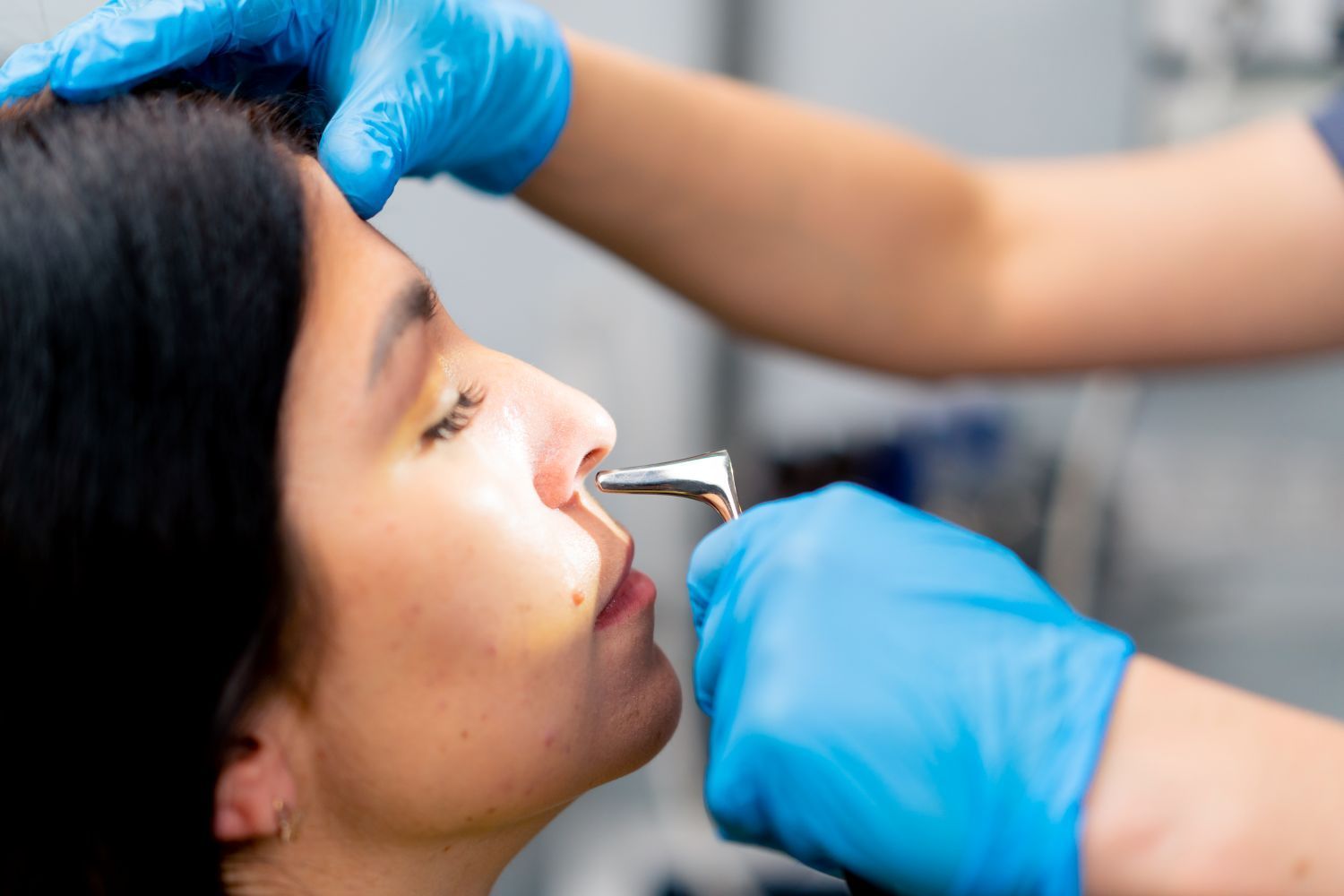Flonase or Nasacort: Which one is better?
These two nasal steroid sprays are commonly given for allergies of the nose. Let's breakdown the difference between Flonase and Nasacort.

Two nasal steroid sprays, Flonase and Nasacort, recently went over-the-counter. They are now available to everyone without a prescription. So, just like the antihistamines (Zyrtec, Allegra, Claritin, etc.) several years ago, you now will need to stand in front of these two products with your hand on your chin wondering which spray should you get, more like Flonase vs Nasacort or Nasacort vs Flonase . Hence the question, which is the best steroid nasal spray for sinusitis? Hmm. Sometimes, you will have a doctor tell you his/her preference, but if you are like the majority of people, you have not really discussed this with the doctor. It is 10 o'clock at night on the weekend and you just want something to help you feel better with your allergic rhinitis.
So, you go online to search about it. Maybe ask yourself, does Flonase help sinus infection?
And it looks like you came across this article.
Good! Maybe I can shed some light on these products and help you make an informative choice.
1. Which Spray Went OTC First?
Among the two steroid nasal sprays, Nasacort was available over-the-counter first but Flonase quickly followed.
2. Which Spray Helps with the Most Symptoms?
Flonase. Both Nasacort and Flonase allergy relief sprays help with nasal allergy symptoms of runny nose, nasal congestion, and sneezing. The studies on Flonase showed an additional effect for eye-related symptoms, such as itchy, watery eyes.
3. Which Spray Lasts the Longest?
Both sprays provide 24-hour effectiveness and, in general, can be used once a day.
4. Which Spray Acts the Fastest?
Both sprays are best for continuous use and their maximal effect is not necessarily noticed immediately. Nasacort manufacturers report that symptom relief is noted within 24 hours with their medication.
5. Which Spray Has the Least Side Effects?
Both sprays have very low side effects. Most side effects are local adverse reactions, such as burning, irritation, and occasional nose bleeds. Flonase does have alcohol in its formulation, which may lead to a burning sensation.
6. Which Spray Has No Scent or Bad Taste?
Nasacort has been shown to have less scent and bad taste than Flonase.
7. Which Spray Can be Used in Children?
Both Nasacort and Flonase is indicated for use in children. Nasacort is approved for use in children 2 years old and up. Flonase is approved for use in children 4 years old and up.
Summary
Hopefully, this article helps clarify the differences and similarities of the two nasal steroid sprays available over-the-counter. Both sprays are highly effective for nasal allergies with minimal side effects. Thanks for reading!
Thomas S. Higgins, MD, MSPH
Father. Husband. Sinusitis Nerd.
FAQs About Flonase and Nasacort
Is Flonase a steroid?
 Button
ButtonYes, Flonase is a type of steroid. Specifically, it contains fluticasone propionate, which is a corticosteroid. It works by reducing inflammation and swelling in the nasal passages, helping to relieve allergy symptoms such as congestion, sneezing, and runny nose.
What does Flonase do?
 Button
ButtonFlonase is a nasal spray that is used to treat symptoms of nasal allergies. The active ingredient, fluticasone propionate, is a corticosteroid that helps reduce inflammation within the nasal passages. This action helps alleviate symptoms like nasal congestion, runny nose, sneezing, and itchy or watery eyes. It is effective for both seasonal and year-round allergies.















